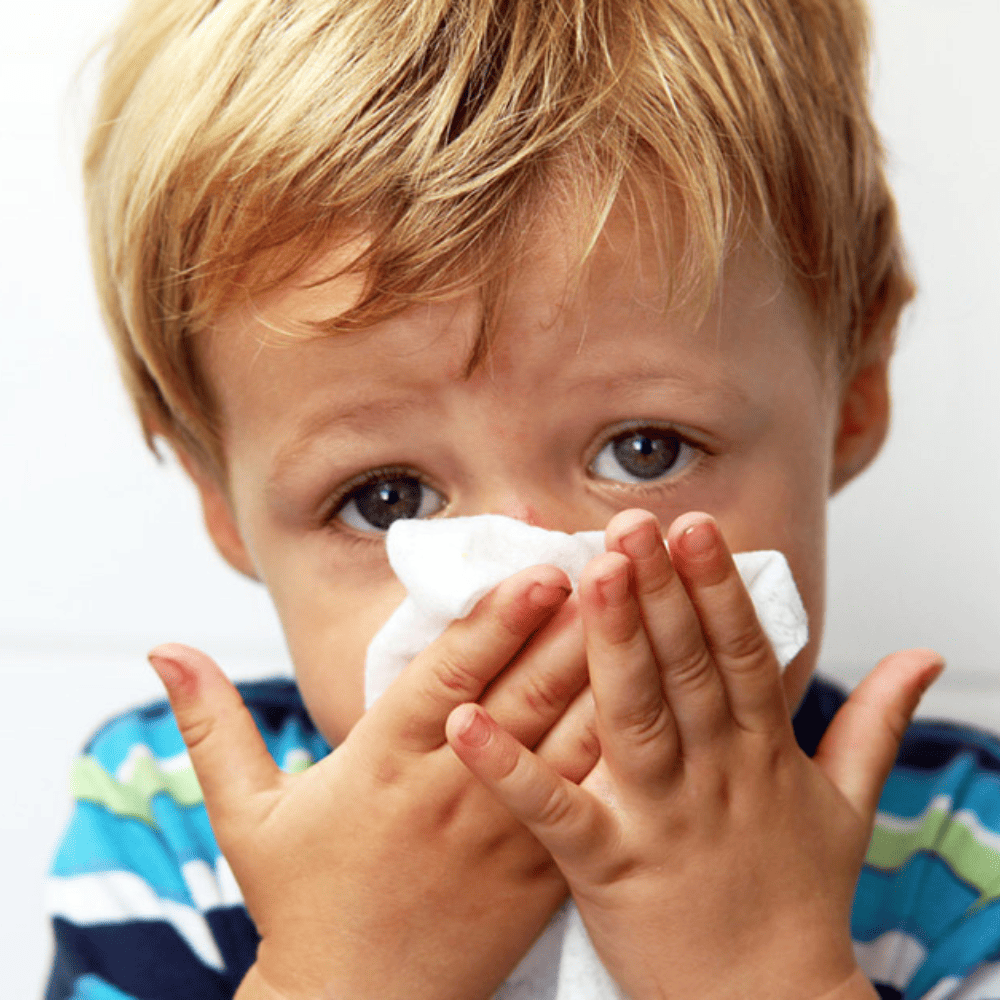
Babies, despite their tiny frames, can be quite a handful, especially when they’re dealing with a runny nose. As a concerned parent, it’s tough to witness your little one struggling with endless snot. While it’s a common part of their development, it can still be disconcerting and one should be equipped with ways of dealing with it. Instead of ignoring a common cold, one should know just the right time to visit a doctor.
Subtle Signs of a Common Issue
When it comes to babies, deciphering their signals can sometimes feel like cracking a complex code. They’re known for exhibiting symptoms that can leave parents puzzled and concerned. One such common concern is a runny nose, and untangling the web of potential causes can indeed be perplexing. Amidst these challenges, recognizing the telltale signs and understanding the nuances becomes pivotal in addressing the issue promptly and ensuring your little one’s well-being.
Deciphering the Culprits – Is it a Cold, Allergies, or More?
The first step in addressing your baby’s runny nose is understanding what might be causing it. Viral infections, bacterial infections, and environmental allergies are among the leading triggers. Viral infections, such as colds, are the most common culprits behind those tiny sneezes and sniffles. Yet, allergies can also play a role, though they’re often more common in toddlers and older children than in babies. Differentiating between these causes is pivotal for determining the appropriate course of action.
Runny Nose, Sniffles, or Something Else?
Babies’ runny noses can make parents wonder whether it’s a mere cold or something more concerning. Determining the exact cause can be challenging, as these illnesses can manifest similarly, especially in terms of fever, cough, and congestion. While identifying the specific infection can be helpful, it’s equally vital to ensure that your child is breathing comfortably and not experiencing prolonged discomfort.
Navigating Treatment With Care

Treatment options for a baby’s runny nose vary based on age and accompanying symptoms. While over-the-counter medications might seem tempting, they aren’t always suitable for young children. Home remedies can be just as effective, including honey as a cough suppressant for children over a year old, cool-mist humidifiers for congestion relief, and child-friendly mucus removal tools. Staying hydrated is crucial, as it helps replace fluids lost due to a runny nose or fever. If your baby’s breathing becomes irregular, or if you notice signs of respiratory distress like flared nostrils or prominent chest movement, it’s time to consult a healthcare provider. Additionally, persistent fever, excessive tiredness, or trouble breathing should not be ignored.